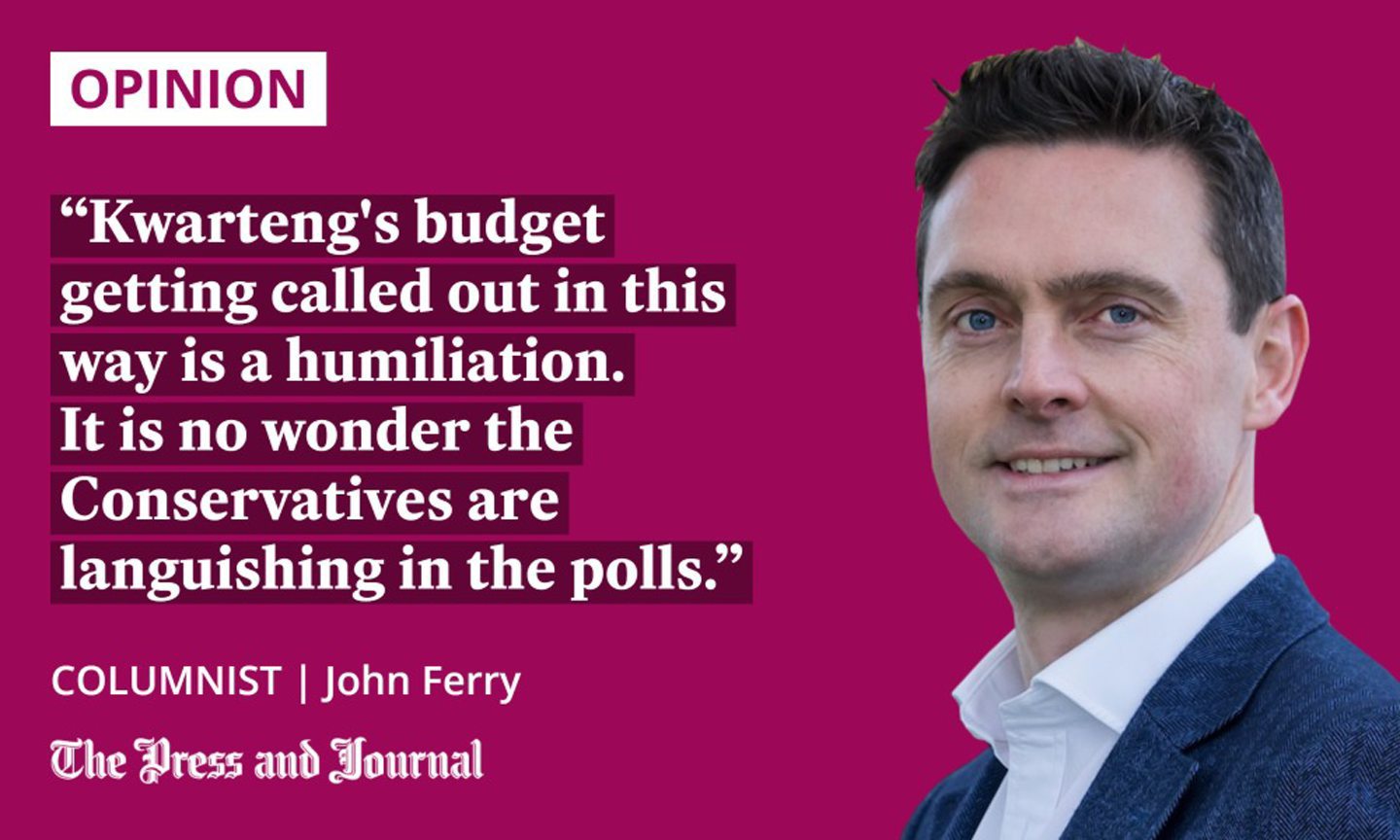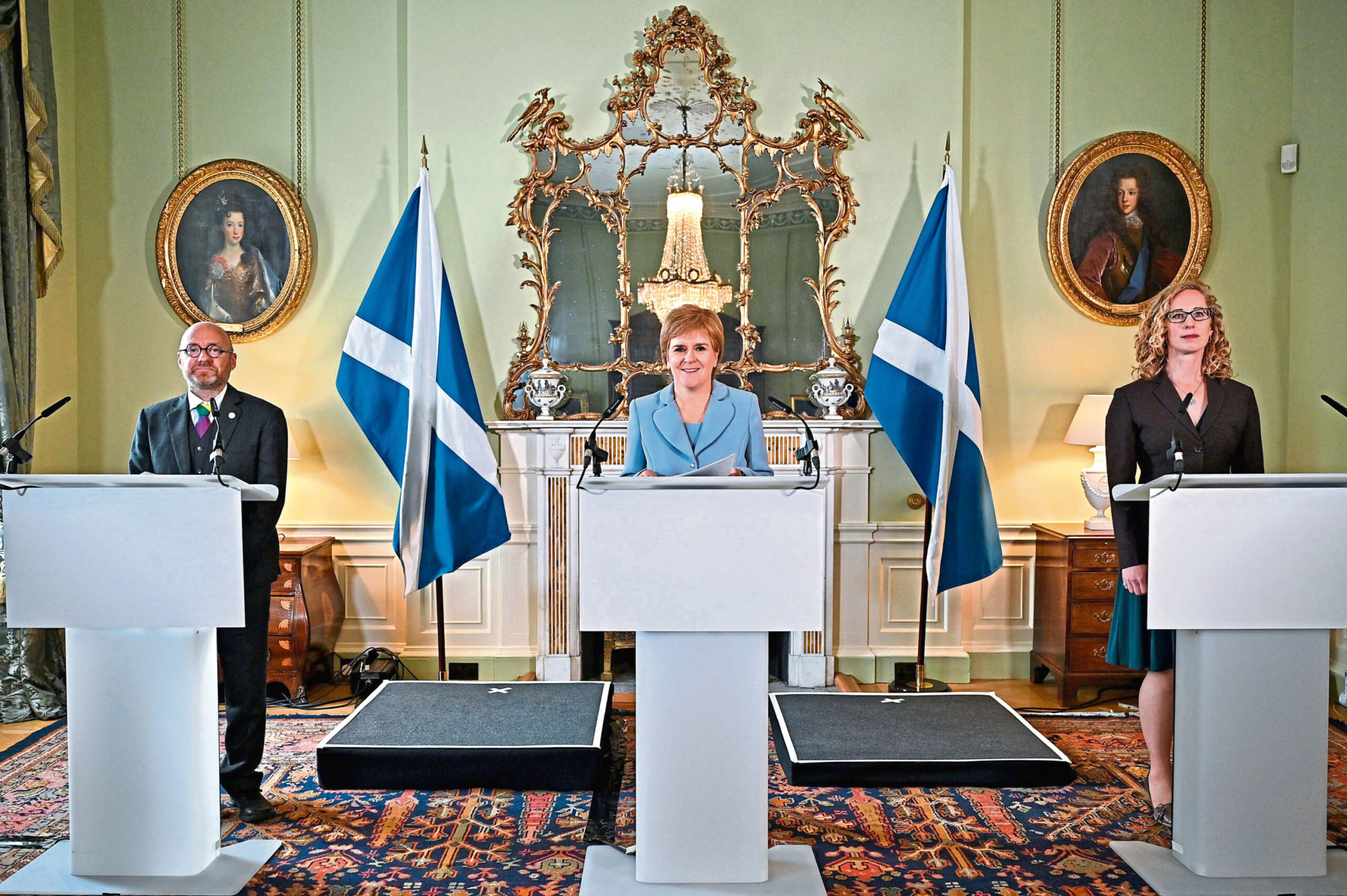The reaction from the markets was swift, brutal, and, contrary to what some Conservatives might argue, entirely logical.
New chancellor Kwasi Kwarteng’s first attempt at what amounted to a budget caused a sell-off in sterling and a large increase in debt servicing costs for the government, which, in turn, pushed up the costs of renewing or taking out a mortgage for everyday investors. It also triggered a crisis in the UK pension fund market, requiring a £65 billion bailout by the Bank of England.
In an extraordinary move, the International Monetary Fund (IMF) issued a sharp rebuke of the “mini-budget” and its large, unfunded tax cuts, highlighting the fact that UK fiscal policy is now working at cross-purposes to monetary policy. Given elevated inflation pressures in many countries, including the UK, the IMF said it “does not recommend large and untargeted fiscal packages at this juncture”.

This sort of IMF statement is usually issued in relation to developing countries. Kwarteng’s budget getting called out in this way is a humiliation. It is no wonder the Conservatives are languishing in the polls.
The first few weeks of the Truss administration have been disastrous. The government is now busy trying to undo as much of the damage as possible, starting with a U-turn on their proposal to ditch the 45 pence top rate of income tax (which wouldn’t apply in Scotland), and bring forward the publication of official analysis on plans to manage down the UK’s debt burden. By the time you read this, there might have been further reversals.
It may take a new administration to claw back credibility
So far, the damage limitation, in terms of numbers at least, has been negligible. Director of the Institute for Fiscal Studies, Paul Johnson, has pointed out that the U-turn on the abolition of the additional 45 pence rate of income tax is of limited fiscal significance. “At a medium-run cost of around £2 billion a year, it represented only a small fraction of the Chancellor’s mini-budget announcements. His £45 billion package of tax cuts has now become a £43 billion package – a rounding error in the context of the public finances,” he said.
The UK Government will have to do much more to reassure markets they haven’t completely lost sight of fiscal prudence. Indeed, it might well take a change of administration for credibility to be returned.
In the meantime, mortgage rates remain higher than they would have been as a direct result of the Truss administration’s failure to either understand or care about the implications of its policies. During a cost of living crisis, where every penny counts, this is unforgivable.
The problems of the mini-budget highlight a broader issue in modern politics, which is the tendency to disregard facts and evidence in favour of dreams and fantasy. The way the budget was put together, without the usual formal analysis of the Office for Budget Responsibility, signalled not just a cavalier attitude to the public finances, but also a new, anti-establishment, punk-like ideology taking root at the heart of government.
Although Truss was a Liberal Democrat for a brief period in her young life, her ideological underpinnings today are far from liberal
This does not appear to be a particularly conservative administration. Nor is it liberal. I have written previously about how liberalism is rooted in a belief in reform and reason.
Although Truss was a Liberal Democrat for a brief period in her young life, her ideological underpinnings today are far from liberal. They are libertarian in the extreme, which is very different.
Scotland has its own magical thinkers
Here in Scotland, we have our own magical thinkers at the heart of government. Like the Truss administration, the Sturgeon government has a fixed view on a destination – in this case, Scotland exiting the UK – and a tendency to ignore, discredit or dismiss any evidence that goes against their separation agenda.
We see this in the way the SNP refuses to accept the reality that an independent Scotland would start off with a large and unsustainable fiscal deficit that would require hefty austerity to bring under control.
It is also evident in the SNP’s pretence that its “sterlingisation” currency policy would be a continuation of the monetary system the country currently has. In much the same way Montenegro uses the euro without the support of the eurozone or the European Central Bank, sterlingisation would see the new state unofficially use the pound with no central bank support for the currency in Scotland.
It would, in fact, be one of the most radical economic experiments ever undertaken in an advanced economy. And, it’s worth noting that the bailout the Bank of England has put in place for the pensions market would not be possible under this scenario.
While we look south and shake our heads at Truss and Kwarteng, we should also look at Holyrood and the misguided zealots we need to keep in check there. Scotland deserves more sensible governance in both Edinburgh and London.
John Ferry is a regular commentator on Scottish politics and economics, a contributor to think tank These Islands, and finance spokesperson for the Scottish Liberal Democrats



Conversation